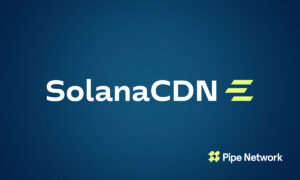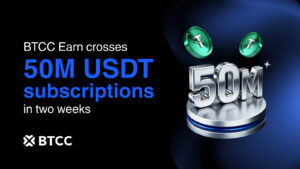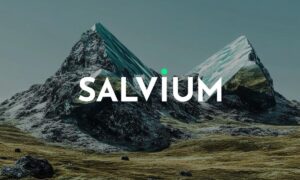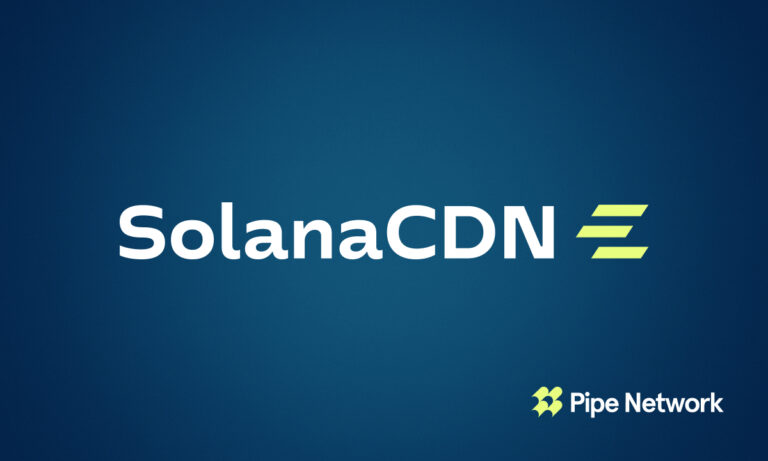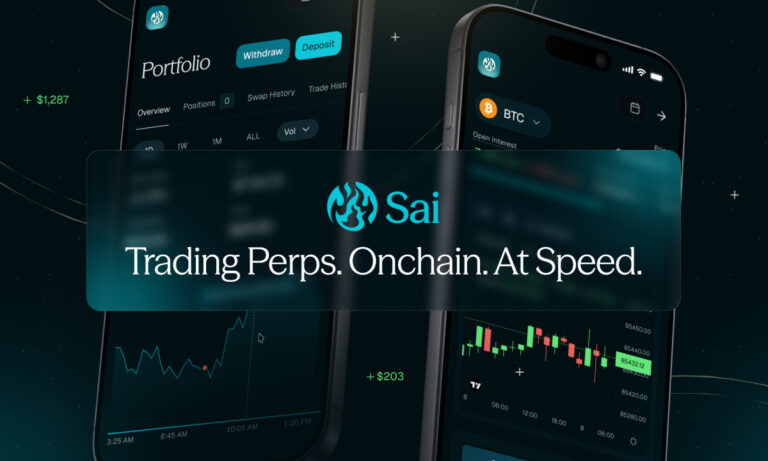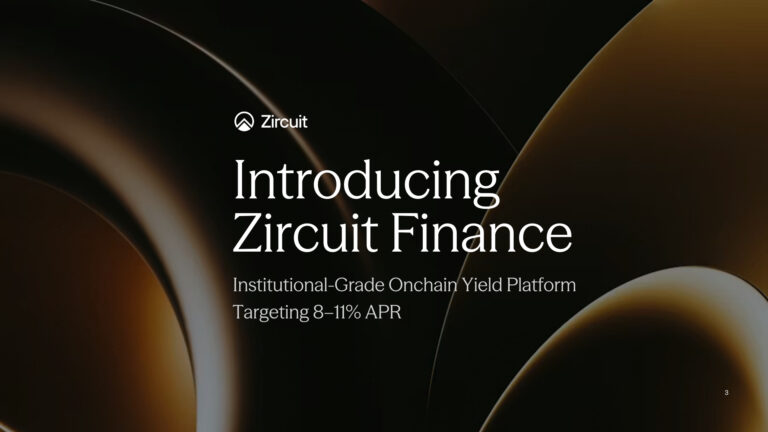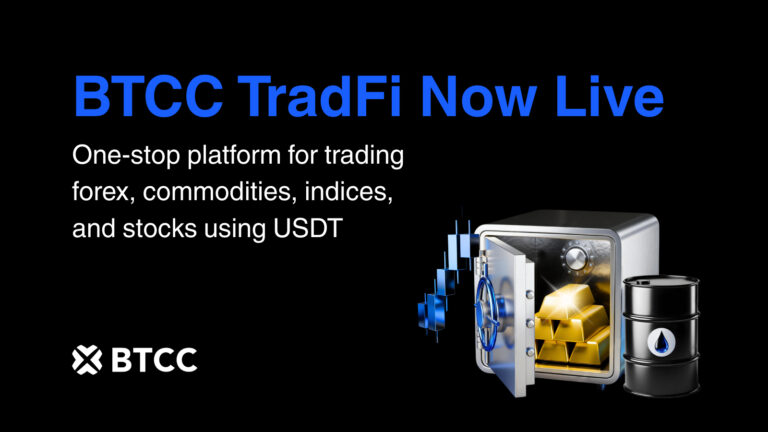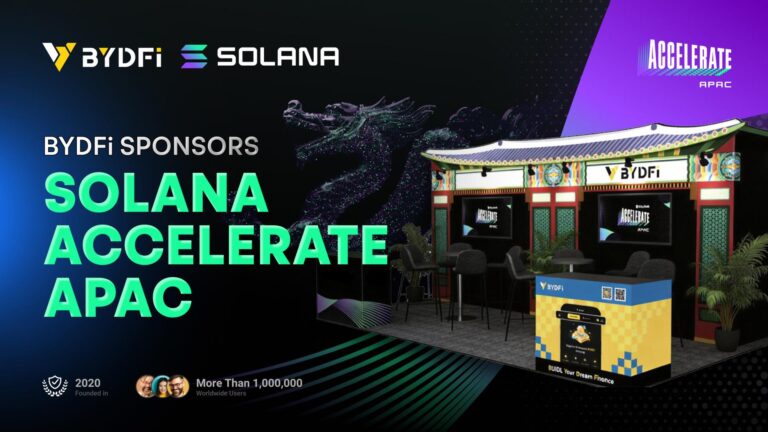Country Information
Extra Information
Website
Extra Links
Social Media & News
Ranking
Blockchain Overview
Category:
| Name | Category |
|---|
Frequently Asked Questions
Description
Disclaimer: The regulatory information provided below is for general informational purposes only and may not reflect the most current legal developments. Cryptocurrency regulations are rapidly evolving and can change frequently. This information should not be considered legal or tax advice. Before making any business or investment decisions, please consult with qualified legal, tax, or financial professionals familiar with your specific jurisdiction and circumstances. Always verify current regulations with official government sources and regulatory bodies.
Legal Classification & Regulatory Framework
Cryptocurrency Status
American Samoa is an unincorporated U.S. territory. As a result, federal U.S. financial‐crime and sanctions rules apply to covered crypto activities in the territory. In practice, virtual currency exchangers and administrators operating in or serving American Samoa generally fall within the U.S. definition of a Money Services Business (MSB) and are subject to registration and compliance duties under federal law. The U.S. Treasury’s Financial Crimes Enforcement Network (FinCEN) treats many crypto businesses as MSBs for anti-money-laundering (AML) purposes, and its long-standing guidance for “convertible virtual currency” remains the baseline reference.
At the territorial level, American Samoa issues business licenses and, for money-movement activities, a specific Money Services Business license through the Department of Treasury. Large payment firms publicly list an American Samoa Government — Money Services Business license among their U.S. territorial/state approvals, indicating the territory’s own MSB authorization exists in addition to federal registration obligations. Together, these frameworks mean crypto businesses that transmit value typically need both (i) federal MSB registration and (ii) territorial licensing, plus ongoing AML controls.
Tax Treatment
For U.S. tax purposes, digital assets such as cryptocurrencies are treated as property rather than currency. Income from sales, exchanges, staking, or other dispositions of digital assets is generally taxable, and reporting questions about digital assets appear on federal returns. American Samoa administers its own income tax system that broadly mirrors the U.S. Internal Revenue Code, with special filing and coordination rules for bona fide territorial residents. In practical terms, individuals and businesses associated with American Samoa should expect property-like treatment of digital assets for income-tax purposes, recordkeeping requirements for basis and gains/losses, and the need to report taxable events consistent with federal guidance.
Regulatory Oversight
Federal oversight relevant to activity in American Samoa includes:
- FinCEN (AML/BSA): MSB registration, customer due diligence, suspicious activity reporting, and information-sharing obligations for covered crypto businesses.
- OFAC (sanctions): screening and blocking obligations to prevent dealings with sanctioned persons, jurisdictions, or wallet addresses.
- Bank regulators (e.g., FDIC/OCC/Federal Reserve guidance for banks): expectations around crypto-asset risk management where banking relationships are involved.
Territorial oversight includes the American Samoa Department of Commerce (business licensing process) and the American Samoa Government (ASG) Department of Treasury, which issues Money Services Business licenses and administers the tax system. Firms carrying out exchange, transfer, custody, or kiosk operations typically assess whether their model triggers territorial MSB licensing in addition to federal registration.
Business Environment
Banking Relationships
American Samoa’s retail banking ecosystem is small. The Territorial Bank of American Samoa (TBAS) was chartered to maintain local access to basic banking services after a period of reduced commercial bank presence. As with many U.S. jurisdictions, local banks will evaluate crypto-exposed customers through a risk-based lens driven by BSA/AML expectations, customer due-diligence standards, and federal supervisory guidance. Crypto businesses should be prepared to present documented AML programs, sanctions-screening controls, transaction-monitoring procedures, and clarity on source-of-funds/flow-of-funds to obtain and maintain banking services.
Licensing Requirements
Companies that exchange, transfer, or otherwise transmit value in digital assets should evaluate three layers of approvals and obligations:
- Territorial business license: All businesses operating in American Samoa must hold a current business license issued by the Department of Commerce and renew it annually.
- Territorial MSB license (where applicable): Entities engaged in money services (including transmission of virtual currency) commonly require an American Samoa MSB license issued by the ASG Department of Treasury. Publicly available license postings by major payment providers reflect the existence and use of this license category for the territory.
- Federal MSB registration: FinCEN registration (separate from territorial licensing) is mandatory for qualifying money transmitters and must be renewed periodically. Registration is paired with BSA/AML program requirements, SAR/CTR obligations, and information-sharing duties (including “Travel Rule” data exchange for qualifying transfers).
Firms should also consider any consumer-protection, advertising, and unfair/deceptive acts and practices (UDAP) constraints applicable to their products, as well as potential money-transmitter law developments adopted through nationwide initiatives to harmonize supervision across states and territories.
Innovation Support
While American Samoa does not operate a dedicated crypto regulatory sandbox, the territory participates in broader U.S. economic-development programs and digital-capacity initiatives. Recent federal capital-projects funding supports an Innovation & Technology Campus intended to expand connectivity and digital skills. For crypto and fintech startups, such infrastructure improvements—combined with remote-first operating models—may help offset geographic constraints. Companies typically leverage U.S.-wide compliance tooling, remote custody arrangements, and cloud infrastructure, while anchoring their legal presence via territorial licensing and federal registration.
Market Characteristics
Adoption Patterns
American Samoa’s population is relatively small and dispersed, and the payments market is dominated by traditional retail banking and remittances. Crypto usage, where present, tends to track use cases seen elsewhere in island and remote jurisdictions: cross-border transfers, online services, and individual investing via offshore or U.S.-based platforms that serve eligible customers. Merchant acceptance on-island appears limited; most day-to-day commerce continues to run on conventional card and cash rails. Where crypto kiosks or exchange on-ramps exist, they are expected to comply with MSB rules and territorial licensing.
Industry Focus
Given the territory’s scale, there is no large local cluster of mining, institutional trading, or token-issuance ventures. The activity that does emerge typically centers on:
- Brokerage/on-ramp services offered remotely to eligible customers, with compliance controls aligned to U.S. AML expectations.
- Wallet and custodial integrations that rely on banked liquidity partners and cloud infrastructure outside the territory.
- Cross-border payments/remittances solutions that emphasize faster settlement and transparent fees, subject to MSB and sanctions rules.
Regulatory Evolution
American Samoa’s crypto regulatory posture is best understood as an extension of the U.S. federal framework layered with territorial licensing and taxation. Over time, changes in federal rules—such as expanded information-reporting for digital-asset brokers, clarifications to “Travel Rule” implementation, or sanctions-screening expectations—will flow through to covered activity in the territory. On the territorial side, business-license administration and MSB licensing practices may continue to align with broader U.S. efforts to modernize and harmonize money-transmission oversight.
For Current Information:
- American Samoa Department of Commerce — Business Licensing
- American Samoa Government — Department of Treasury, Tax Office
- Example of ASG Money Services Business License (publicly posted by a payment provider)
- FinCEN — MSB Registration & BSA/AML Information
- IRS — Digital Assets (Tax Treatment & Reporting)
- IRS Publication 570 — Individuals With Income From U.S. Territories
- FDIC BSA/AML Examination Manual (overview of BSA obligations)
- U.S. Treasury — American Samoa Capital Projects Fund (Innovation & Technology Campus)
Country Map
Crypto and Blockchain Articles

Which Euro Stablecoins are there?

What Are OP‑Based Chains?
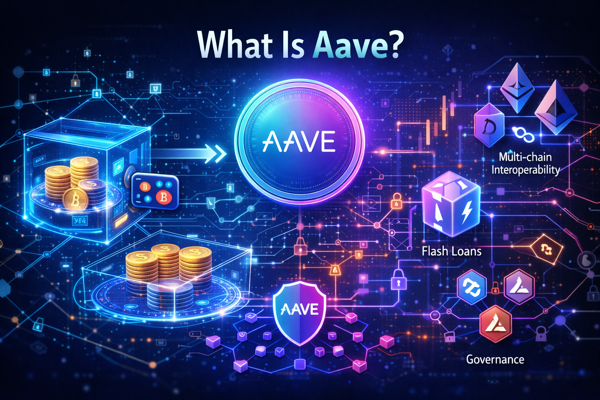
What Is Aave?
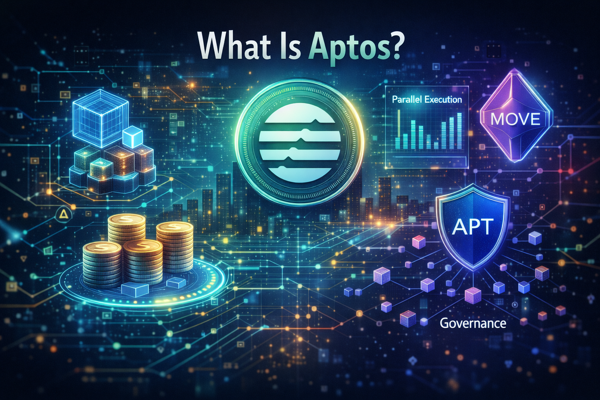
What is Aptos?
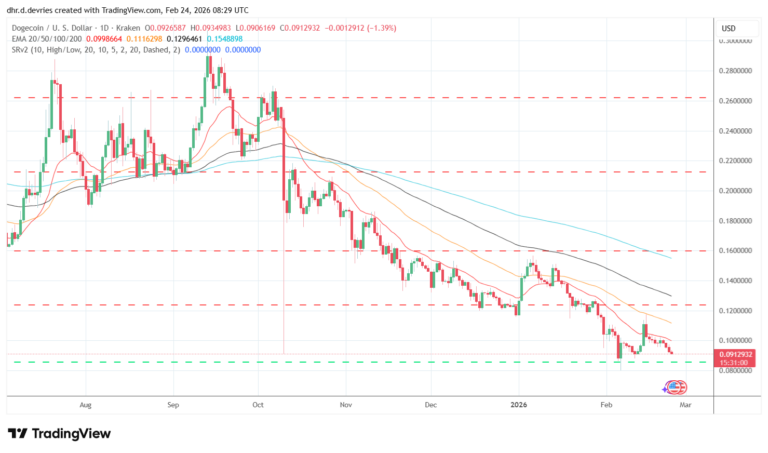
Dogecoin (DOGE) Price Prediction: Weekly Analysis February 24, 2026
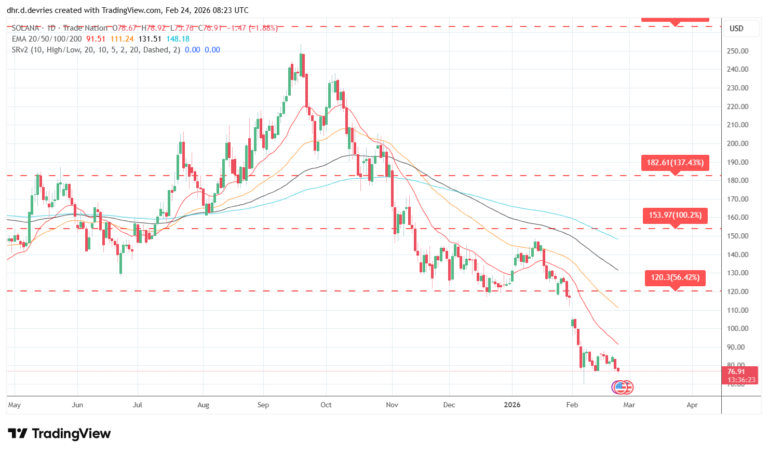
Solana (SOL) Price Prediction: Weekly Analysis February 24, 2026



